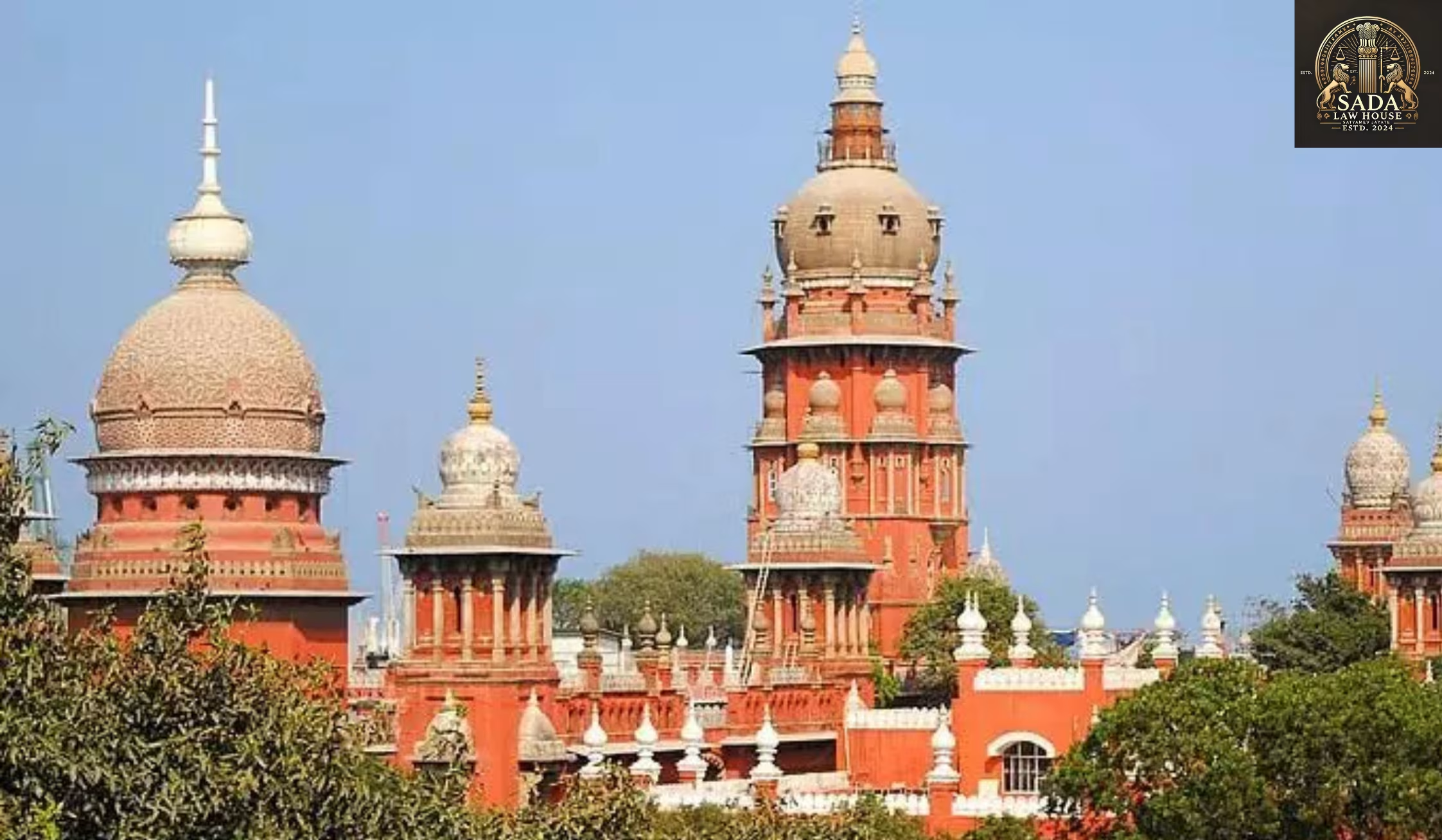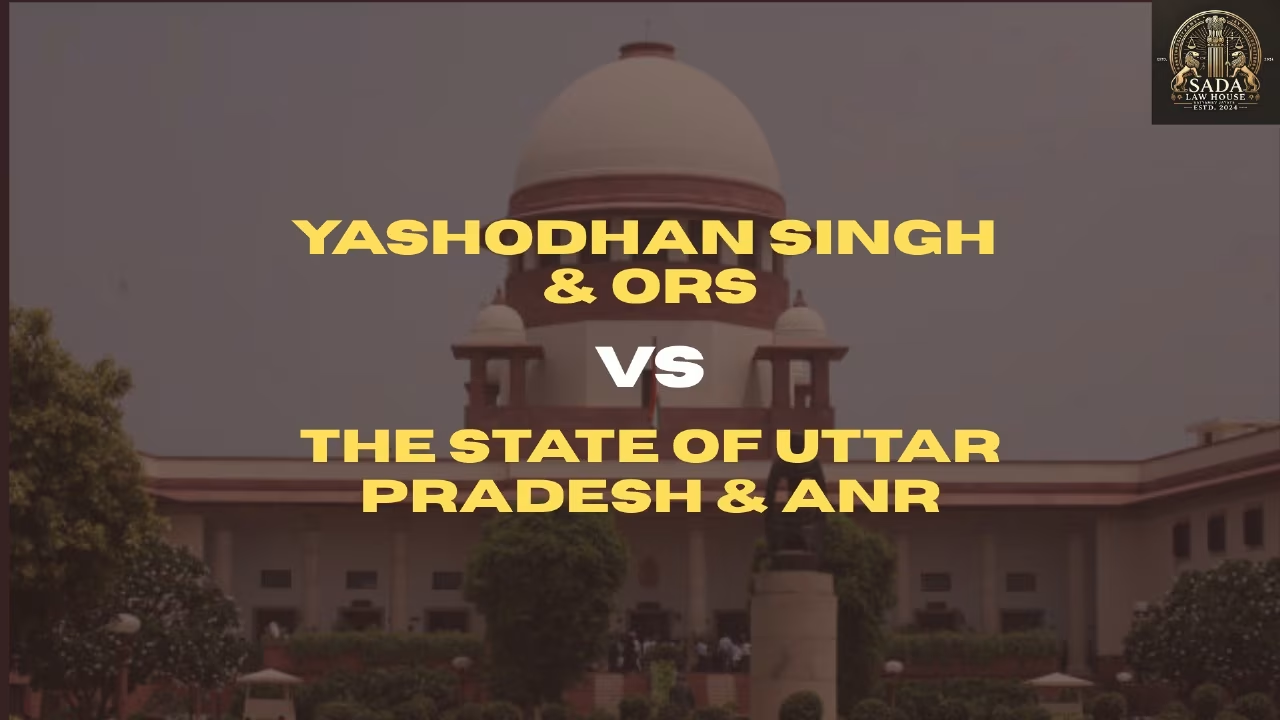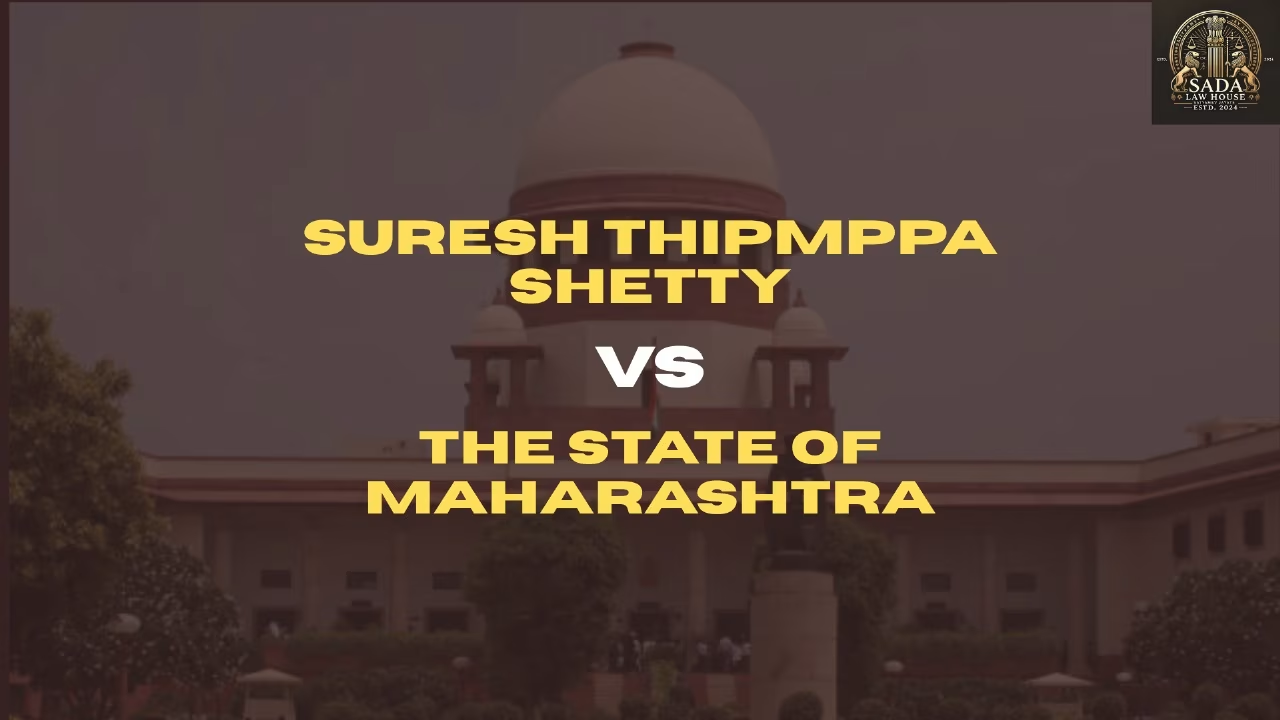Madras High Court Orders ‘No Caste, No Religion’ Certificates for Willing Applicants
- Prabhat Kumar Biltoria
- 13 June 2025

The Madras High Court has instructed the Tamil Nadu government to issue ‘no caste, no religion’ certificates to individuals who choose not to identify with any caste or religion—promoting secularism and constitutional rights.
Landmark Ruling Upholds the Right to Secular Identity
In a significant judgment, the Madras High Court has directed the Tamil Nadu government to issue certificates affirming an individual’s choice to have no caste and no religion. This move supports citizens seeking to live outside the boundaries of religious and caste-based identities, in line with constitutional rights under Article 25 of the Constitution of India.
The Petition That Sparked a Constitutional Conversation
The ruling stems from a petition filed by H. Santhosh, a resident of Tirupattur district, who challenged a lower court’s refusal to instruct the local Tahsildar to issue such a certificate for his family. In his affidavit, Santhosh emphasized that he has never used government benefits based on caste or religion and expressed a firm desire to raise his children free from these social classifications.
Court Recognizes the Right to Reject Caste and Religion
A division bench consisting of Justices M. S. Ramesh and N. Senthilkumar overturned the earlier judgment and instructed the District Collector and Tahsildar to issue the certificate within one month. The court also urged the Tamil Nadu government to pass a Government Order (GO) enabling the Revenue Department to process such requests for all eligible applicants.
Promoting Equality and Constitutional Values
The bench highlighted that while the Constitution of India prohibits discrimination based on caste, social practices tied to caste and religion still heavily influence sectors like education, employment, and politics, largely due to the reservation system. The judges described the petitioner’s stand as a “laudable initiative” that could inspire others and strengthen the fight against caste-based discrimination.
Administrative Roadblocks Criticized by the Court
The Revenue Department’s argument—that Tahsildars require a GO to issue these certificates—was rejected by the court as “paradoxical.” Judges noted that similar certificates had already been issued in places like Coimbatore, Ambattur, and Tirupattur. They emphasized that administrative hesitation should not override constitutional freedoms.
Article 25: A Right to Conscience and Secularism
The court reinforced that Article 25 of the Constitution not only guarantees freedom of religion but also protects an individual’s freedom of conscience, including the right to not follow any religion. The judgment emphasized that administrative delays or lack of formal orders cannot obstruct such constitutional rights.
A Progressive Step Towards a Secular Society
This judgment sets a powerful precedent in recognizing the personal choice to opt out of caste and religious identities. By directing state officials to comply with these requests, the court has taken a progressive step toward ensuring a truly secular and inclusive India.
Case Laws






